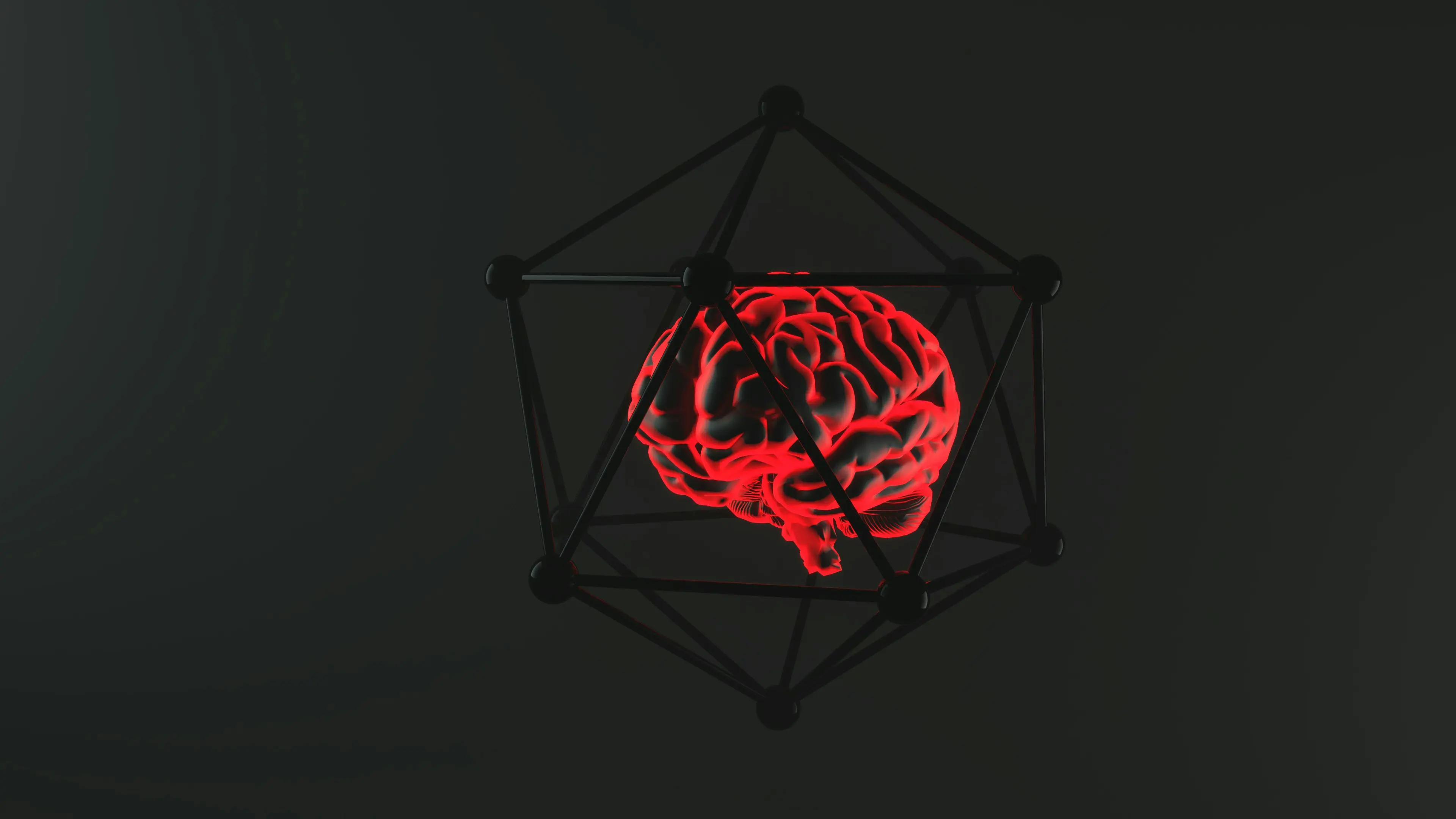Unlocking The Brain's Secret To Meaningful Learning

Why do we remember some experiences vividly while others fade away? Researchers from Carnegie Mellon University have uncovered a part of the answer. Their study sheds light on how our brains identify and prioritize meaningful learning experiences, a discovery that could transform our approach to education and cognitive therapy.
At the heart of this research is the work of Eunsol Park, a Ph.D. student in the Department of Biological Sciences and the Center for the Neural Basis of Cognition. Park and her team focused on the connections between neurons (brain cells that transmit information) in the sensory cortex, a region shared by many animals, including cows and dogs. Their findings suggest that the brain strengthens these connections only when experiences hold significance.
Alison Barth, a prominent professor at the university, emphasizes the importance of this discovery. "Our brains are wired to understand how one thing leads to another," Barth explains. This innate ability to discern causal relationships is crucial during the initial phases of learning.
Park's research involved observing mice under different conditions to study how their brains reacted to new information. In one scenario, mice received a reward after a consistent stimulus, like a puff of air on their whiskers. Another group experienced the stimulus with an inconsistent reward, while a third group received rewards randomly, without any stimulus.
The results were telling. Only the mice who experienced a reliable association between the stimulus and reward showed a change in neuronal activity. This indicates that the brain can distinguish between meaningful and irrelevant information, adapting accordingly.
"We were only seeing this change in the brain if something was useful to learn," Park noted. The implications of this research extend beyond understanding mouse behavior. It could help explain how humans and other animals process experiences, potentially leading to new strategies for addressing learning and memory challenges.
In essence, the findings highlight the brain's remarkable ability to filter out noise and focus on what truly matters. As Barth puts it, "Learning something new is so powerful, and this shows that our brains are very sensitive to things that make sense."